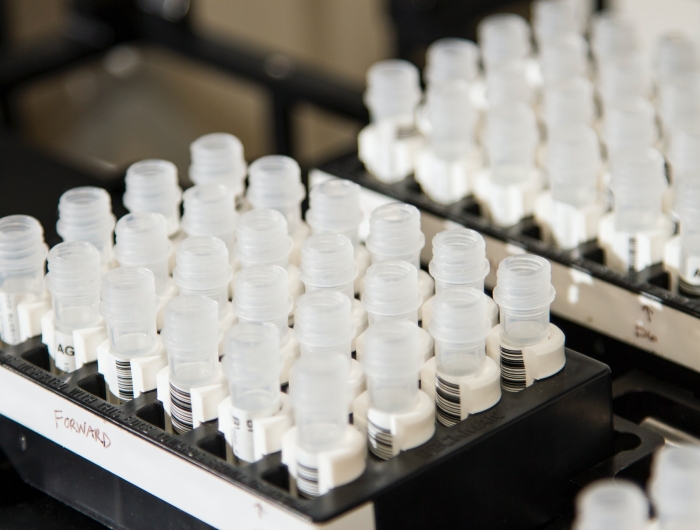CSPI urges stronger oversight of lab-developed tests in pending legislation

National Cancer Institute - unsplash.com.
Inaccurate results could miss diseases—or find disease where there isn’t
Legislation pending in Congress could continue to allow unsafe and inaccurate laboratory-developed tests (LDTs) for conditions as varied as Lyme disease, fetal abnormalities, cancer, and COVID-19 to be marketed, according to the nonprofit Center for Science in the Public Interest. The health watchdog group says that without considerable improvements, legislation advanced in draft form by Senators Patty Murray (D-WA) and Richard Burr (R-NC) will not adequately protect consumers because inaccurate test kits may either fail to diagnose a dangerous disease or generate a false-positive test result resulting in unnecessary treatment.
LDTs are tests in which a sample is collected in one location and sent to another location for analysis. The Food and Drug Administration has the authority to review all medical devices, including LDTs, but the agency hasn’t used that authority in the face of industry and Congressional pushback. And CSPI says that’s helped lead to a proliferation of inaccurate testing products, for a wide variety of conditions.
The legislation at issue, the Food and Drug Administration Safety and Landmark Advancements Act of 2022, reauthorizes user fees for drugs, biologics, and devices every 5 years and is considered “must-pass” legislation. It includes legislation formerly known as the Verifying Accurate Leading-edge IVCT Development Act of 2021, or VALID.
“While action from Congress is sorely needed to ensure regulation of laboratory-developed tests, substantial changes are necessary to ensure that patients and consumers are protected against inadequate or unnecessary treatment because of unreliable lab tests,” said CSPI president Dr. Peter G. Lurie.
While serving as Associate Commissioner of the FDA during the Obama administration, Dr. Lurie oversaw research that made the case for FDA oversight of LDTs. That research presented case studies of LDTs that generated false positives (including tests for Lyme disease and ovarian cancer), false negatives (including tests for breast cancer and human papillomavirus), or both (as in the case of some tests for fetal abnormalities).
CSPI is urging Congress to modify the bill to ensure that LDTs are clearly classified by risk and that the riskiest tests are thoroughly reviewed prior to marketing. Even with these reforms in place, most tests currently on the market will be grandfathered, evading review, according to CSPI. The group is also urging Congress to strengthen the FDA’s post-market authority to enable the agency to more easily require post-market surveillance and request additional data for tests that enter the market without a full premarket review. The legislation also goes beyond LDTs to include other tests that are currently regulated as medical devices because they are commercially distributed. A new fact sheet from CSPI explains the importance of the legislation, discusses where it falls short on protecting consumers, and makes detailed recommendations for improvement. CSPI is also a signatory to a letter, along with the Pew Charitable Trusts, the National Center for Health Research, Public Interest Research Group and others, urging changes to the legislation.
Contact Info: Jeff Cronin, 202-777-8370 or Richard Adcock, 202-777-8318

